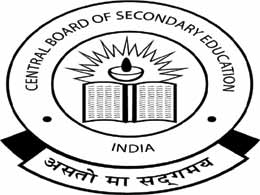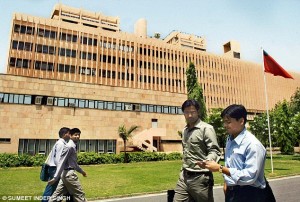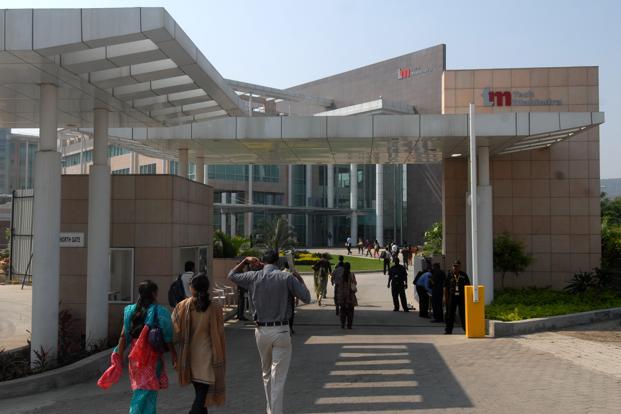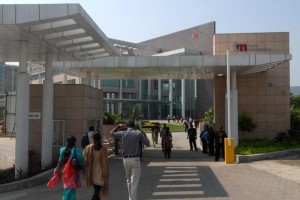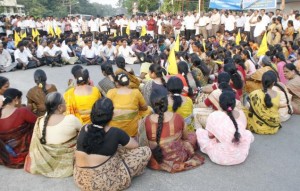The Central Board of Secondary Education is all set to take up the National Eligibility Test (NET) after the failure of the University Grants Commission (UGC) to conduct the exam hassle-free.
The decision came in a commission meeting where the UGC, with the consent of the HRD ministry has asked CBSE to conduct the test. Apart from conducting exams like the class X and XII board exams for its affiliated schools, pre-medical entrance tests, joint engineering entrance (main), and the central teachers eligibility test, the inclusion of NET from this year will make CBSE the largest exam conducing body.
There has been a rise in the number of candidates appearing for the NET as compared to last year. Over 33,000 candidates appeared for the test in June 29, 2014, with an increase of 25 per cent from that of the test conducted in December last year







